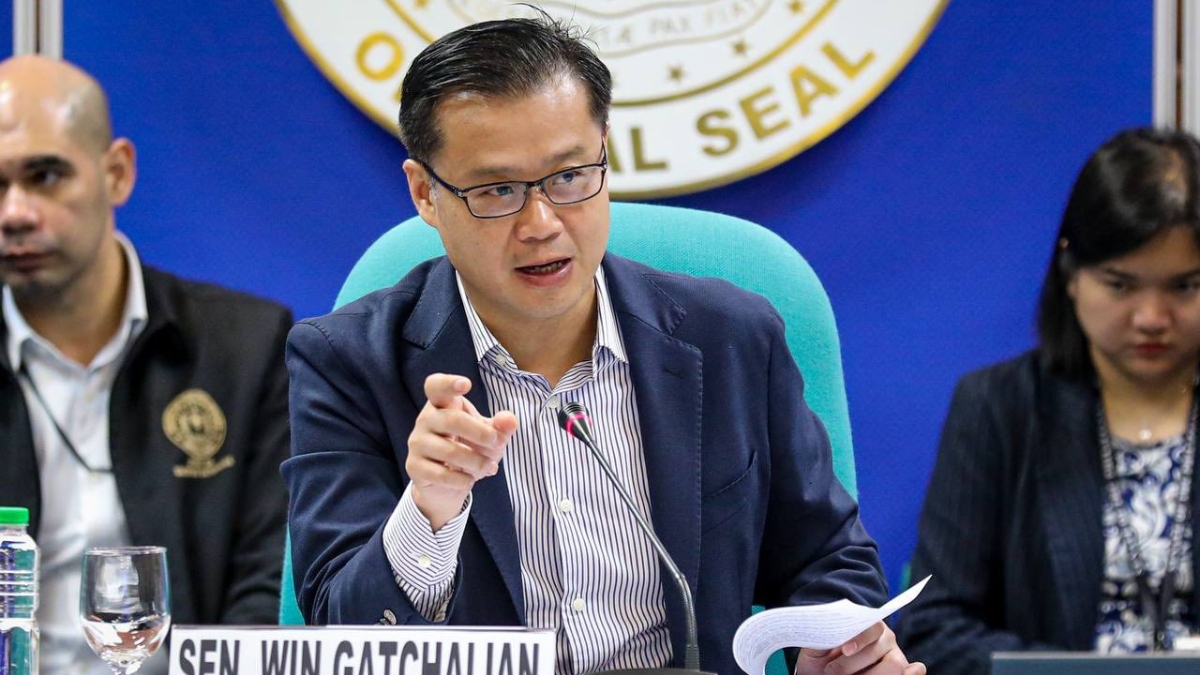A recent Senate hearing has brought to light alarming figures on literacy in the Philippines, with Senator Sherwin Gatchalian revealing that over 24 million Filipinos aged 10 to 64 are functionally illiterate, while nearly 6 million are unable to read or write at all.
Citing the initial results of the 2024 Functional Literacy, Education, and Mass Media Survey (FLEMMS) by the Philippine Statistics Authority (PSA), Gatchalian emphasized the severity of the problem. “We have 5.86 million constituents who cannot read, write, and compute,” he said. “For the rest, they may be able to read and write—but they cannot understand what they read.”
Functional literacy, according to the PSA, involves the ability to read, write, compute, and comprehend. The current rate stands at 70.8%, while basic literacy, which excludes comprehension, is higher at 93.1%.
The data also exposed an unsettling reality among graduates of the K to 12 program. Only 79% of senior high school graduates are functionally literate. That means one in five graduates cannot understand even simple reading materials—a gap Gatchalian found “deeply concerning.”
He pointed to regions like Tawi-Tawi, which has around 218,000 residents who are functionally illiterate, as areas in urgent need of targeted intervention. “We cannot expect economic development in these areas if people cannot understand basic instructions or read simple documents,” he warned.
The Cordillera Administrative Region posted the highest functional literacy rate at 81.2%, while the Zamboanga Peninsula had the lowest at 59.3%. Meanwhile, BARMM recorded the lowest basic literacy rate at 81%.
Officials from the Department of Education (DepEd) responded with steps to improve literacy, including a review of the grading system, year-start reading assessments under PHIL-IRI, and a proposal to assign trained reading teachers in every secondary school.
The DepEd’s Literacy Coordinating Council also vowed to increase support for local literacy councils, especially in Mindanao, though only 300 of 1,600 such councils nationwide are currently active.
Gatchalian urged the Department of the Interior and Local Government (DILG) to take a more active role, calling for improved access to the Alternative Learning System and stronger support for local initiatives. “We cannot sleep well at night knowing that millions of our fellow Filipinos still cannot read or understand what they read,” he stressed.






